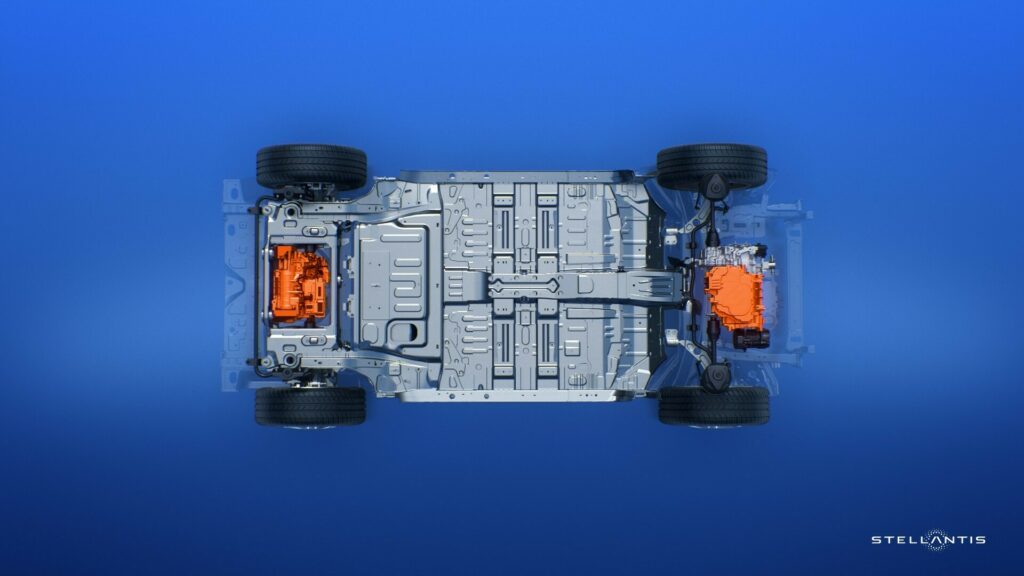Stellantis has established a joint venture partnership with Hon Hai Technology Group, better known as Foxconn, dedicated to designing, producing, and selling semiconductors for the automotive industry.
The company, dubbed SiliconAuto, will produce semiconductors that operate all of the advanced computer-controlled features of modern cars, including EVs. It will start to provide chips in 2026 and initially do so for Stellantis, Foxconn, and other companies, including STLA Brain which is the car manufacturer’s electrical/electronic and software architecture with over-the-air updating capabilities.
“Stellantis will benefit from a robust supply of essential components, which is critical to fueling the rapid, software-defined transformation of our products,” Stellantis chief technology officer Ned Curic said. “Our goal is to build vehicles that seamlessly connect with our customers’ daily lives and deliver class-leading capabilities years after they leave the assembly line. With this joint venture, we can create purpose-built innovations with an efficient partnership.”
Read: Stellantis And Foxconn Announce Tech-Focused Joint Venture

SiliconAuto will be headquartered in the Netherlands and have a management team with executives from both Stellantis and Foxconn. The two companies first reached an agreement in December 2021 to develop a family of semiconductors for automotive use.
“We look forward to a future of extraordinary EV mobility underpinned by the vertical integration capabilities and resources SiliconAuto secures for our partners,” Foxconn chief product officer Jerry Hsiao added. “The collaborative energy will propel our customers to become more competitive.”
Stellantis has grand ambitions for the electrified era. It is spending over €30 billion on global electrification and is aiming for 50% of the passenger and light-duty trucks that it sells in the U.S. to be all-electric by 2030. On a global scale, it plans to sell five million BEVs in 2030 alone and by that same year, is hoping to cut its carbon emissions by 50%.




